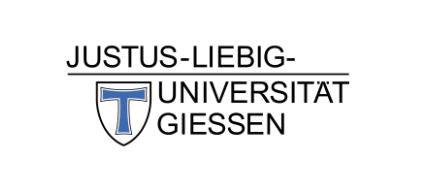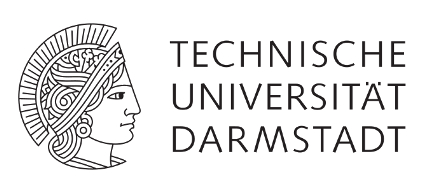13.10.2017 Neuroscientists predict perceptual illusions
Cell activity measurement makes it possible to forecast the behaviour of test participants

Mind reading without magic: Neurophysicists from Marburg and Münster have predicted a to date unknown perceptual illusion which the team subsequently proved in behavioural experiments merely by observing the test participants' brain activity. According to these experiments, we perceive our own motion incorrectly if our eyes move rapidly. The team of researchers headed by Professor Dr Frank Bremmer writes about its findings in the latest edition of the science magazine "Nature Communications".
"During the analysis of neurophysiological data from an animal model, we discovered a phenomenon that inspired us to conduct a series of additional experiments," explains study supervisor Frank Bremmer, who teaches neurophysics at Philipps-Universität Marburg.
The scientists usually investigate how nerve cells located in certain regions of the brain react to visual stimuli that produce the illusion of moving through a space. Brain researchers have long since realised that perceptual illusions are one example of how the brain processes sensory impressions. "In this project, we pursued the opposite approach," adds Bremmer's colleague Dr. Jan Churan, who was also involved in the study. "We used the electric signals sent out by the nerve cells to reconstruct someone's perception of the motion."
According to the authors, this so-called decoding was mostly quite successful. "We developed a model in order to be able to identify how someone perceives their own motion from the neuron discharge," continues Bremmer's colleague Professor Dr Markus Lappe from Münster University, who co-authored the study.
However, at certain points in time, the decoding process appeared to be faulty. These points in time were always identical with extremely rapid eye movements – so-called saccades, which people perform at a rate in everyday life that exceeds the speed of their heart frequency. The data indicated that the perceived direction of someone's own motion shifts as soon as the test persons moved their eyes extremely rapidly.
The researchers suspected that this so far unknown perceptual illusion might also occur in our visual perception. In order to verify this hypothesis, the team conducted behavioural experiments with test persons: They showed the test subjects a simulation showing a space that looked as if they were moving through it. The participants were then asked to estimate the direction of their illusionary own motion.
As hypothesised, the test persons perceived the direction correctly provided they did not perform any saccades; at times close to a saccade, however, they perceived the direction wrongly.
"However, this does not mean that we must no longer move our eyes rapidly when we are driving a car, for example," Lappe explains. "It wouldn't be possible anyway, as saccades are usually a reflex action. Above all, however, the estimation of our own motion does not depend on visual perception only. We have other senses that help us past these brief saccade moments to ensure that we know which direction we are moving in."
Professor Dr Frank Bremmer heads the neurophysics research group at Philipps-Universität Marburg. The physicists also heads the "Marburg Center for Mind, Brain and Behavior" (MCMBB); he is the spokesperson of the German Research Foundation (DFG) International Research Training Group 1901 on "The Brain in Action" and is a member of the board of directors of the DFG's Collaborative Research Centre 135 "Cardinal mechanisms of perception".
The physicist Professor Dr Markus Lappe heads the Institute for Psychology and Cognitive Neuroscience team at WWU Münster. Currently, he also coordinates the European research project "Platypus - Plasticity of perceptual space under sensorimotor interactions", which Frank Bremmer's team is also involved in.
The German Research Foundation supported the research the study is based on with its Collaborative Research Centre 135, a Research Campus of Central Hessen institution, and also with its Transregional Research Group 1847 "Primate Systems Neuroscience".
Original Publication: Frank Bremmer, Jan Churan & Markus Lappe: Heading representations in primates are compressed by saccades, Nature Communications 2017, DOI: 10.1038/s41467-017-01021-5, www.nature.com/articles/s41467-017-01021-5
Contact
Professor Dr. Frank Bremmer
Tel.: 06421 28-24160 (Secretary)
Mail: frank.bremmer@physik.uni-marburg.de
AG Neurophysik & Marburg Center for Mind, Brain and Behavior - MCMBB
Philipps-Universität Marburg


